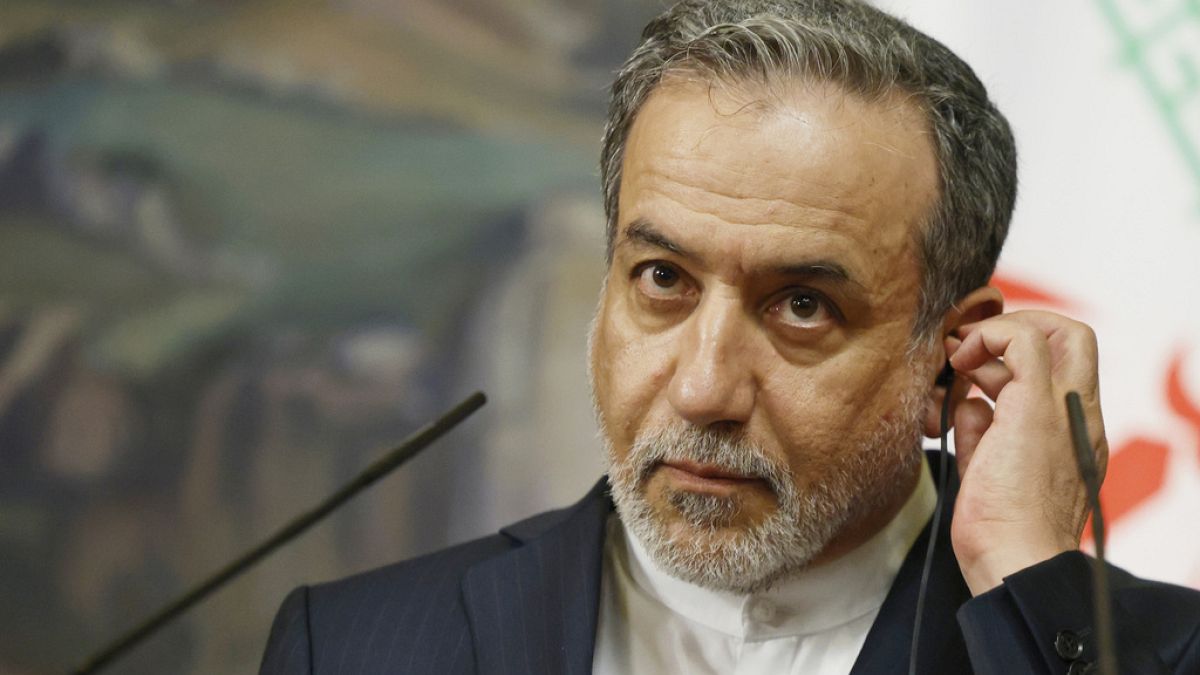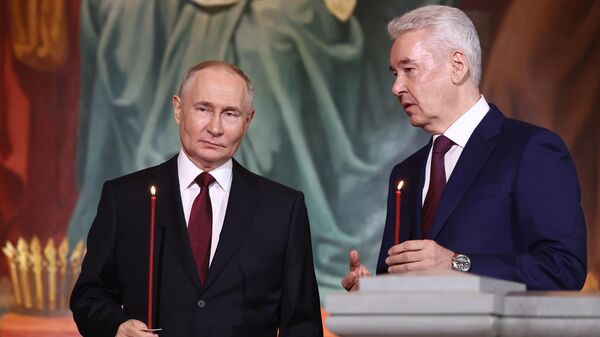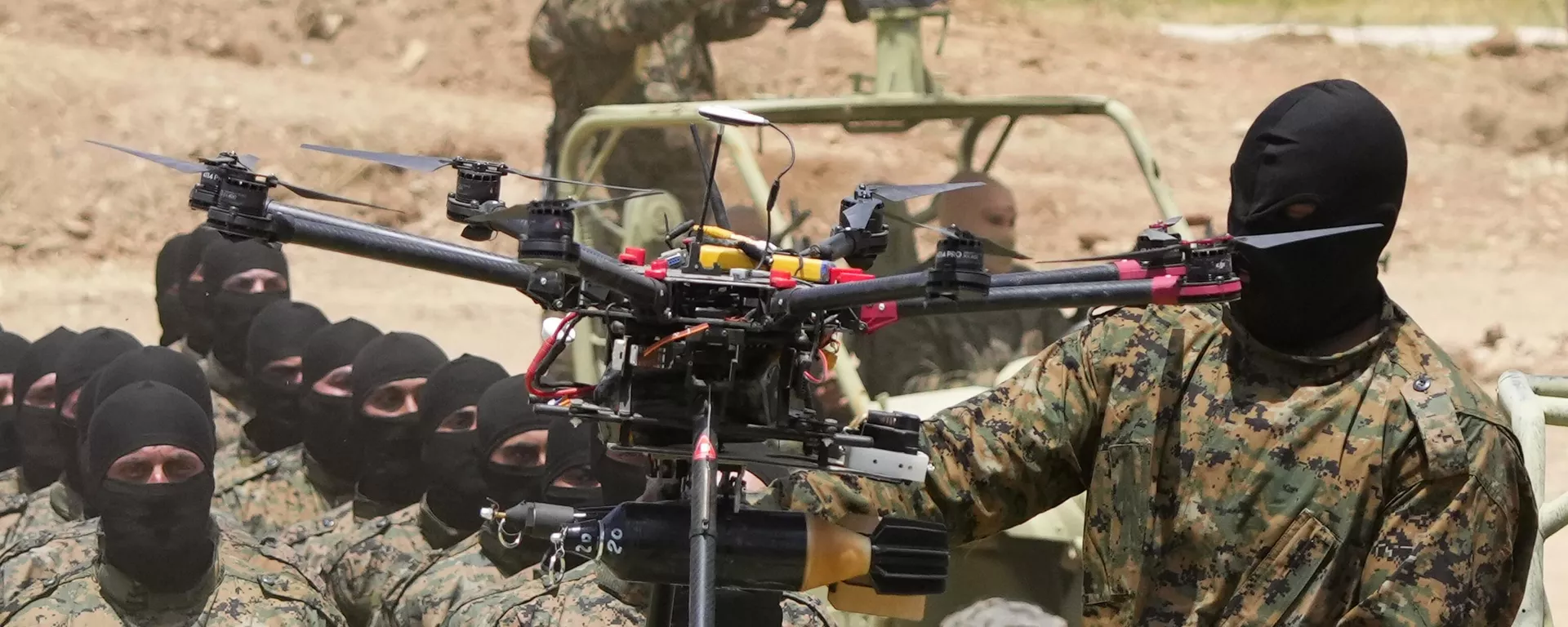Trump's picks for secretary of state and national security adviser have fully supported the president-elect in casting doubt on European countries' contributions to NATO.
US President-elect Donald Trump has chosen to appoint Marco Rubio and Mike Waltz as his secretary of state and national security adviser, according to preliminary reports that also suggest the president-elect could still change his mind last minute.
Both picks, however, are indicative of Trump's foreign policy priorities, as they have pushed for the US to look inward and have been critical of European countries' not spending enough on defence, especially in the context of the NATO alliance.
For one, Rubio argued that European countries should "take the lead" when it comes to defence on the continent. "Germany, France, and the United Kingdom are more than capable of managing their relationship with the nuclear-armed belligerent to their east," Rubio wrote in the American Conservative last year.
Elsewhere, he has promoted a hardline approach to Iran, China and Cuba.
When it comes to Beijing, Rubio has advocated for greater scrutiny of Beijing's influence on US technology, calling on the Department of Treasury to launch a national security review into Chinese social media app TikTok in 2019.
Rubio called China "the most powerful adversary the US has faced in living memory" in a report authored in September. China, for its part, sanctioned Rubio last year.
On Ukraine, he has said that although he supports the country still fighting against Russia's full-scale invasion, the current conflict between Moscow and Kyiv should be brought to a "conclusion".
On the Middle East crisis, Rubio has strongly backed Israel, calling Hamas militants "vicious animals" and accusing US officials who supported a ceasefire in Gaza of subordination, signalling he would also promote a hard-line approach in the region.
In April, Rubio voted against a $95 billion (€89,4bn) aid bill for Israel, Ukraine and Taiwan, which passed overwhelmingly through the Senate despite his resistance.
Rubio argued that although he supported aid in principle, he wouldn't support the bill due to the US not doing enough to combat domestic issues, such as investing in border security, signalling his support, like Trump, for the US becoming further isolationist.
He has largely recently supported Trump's views on NATO, co-sponsoring legislation which would make it harder for the former president to withdraw from the alliance during his first term.
Waltz for national security
Trump's other reported pick, Republican Congressman Mike Waltz, has also been harsh on China and sceptical of European allies meeting their NATO defence targets.
Waltz called it "pathetic" that fewer than half of NATO allies met their defence spending goals and, much like the president-elect, has questioned the open-ended nature of US support for Ukraine.
In April, Waltz said a "tyranny of low expectations” had infected NATO and asked openly if it was sustainable for the US to provide the majority of arms.
On Ukraine, Waltz was previously supportive of Biden providing weapons to the country at war but has increasingly adopted Trump's approach and questioned why other countries aren't doing enough to counter Russia and bolster their defences themselves.
He cast China as one of the biggest winners abroad and warned the US that it should be prepared for war in the region.
The retired Special Forces officer has also previously advocated for further US military commitment in Afghanistan and, having been deployed in the country several times, was highly critical of incumbent President Joe Biden's withdrawal from Kabul.

 5 months ago
44
5 months ago
44






 We deliver critical software at unparalleled value and speed to help your business thrive
We deliver critical software at unparalleled value and speed to help your business thrive






 English (US) ·
English (US) ·